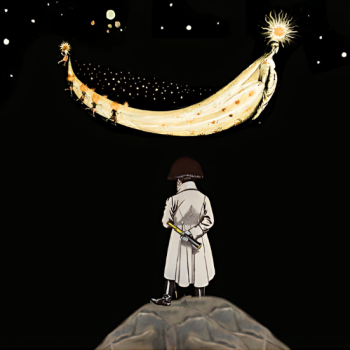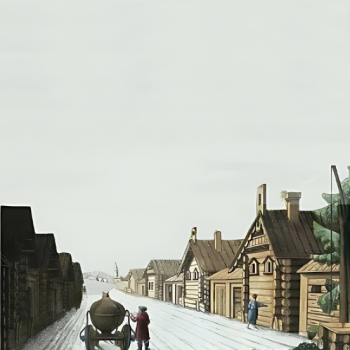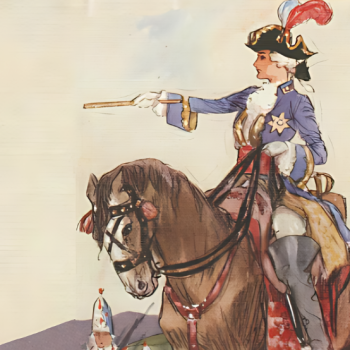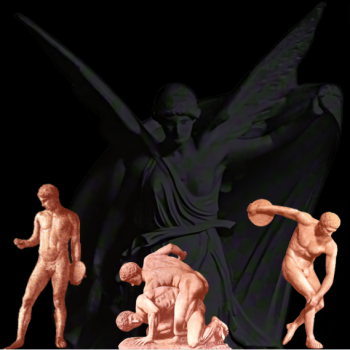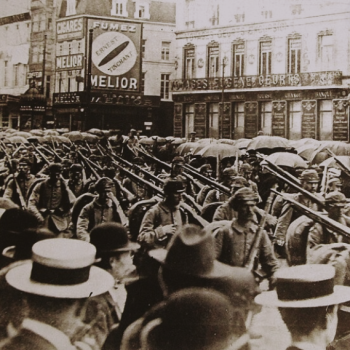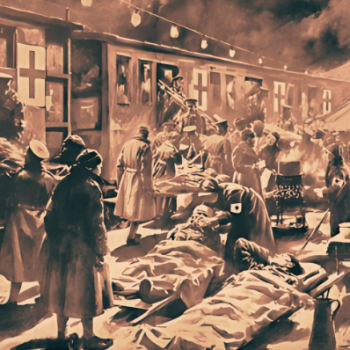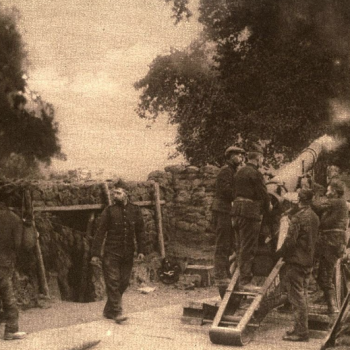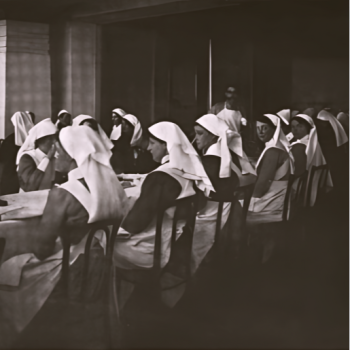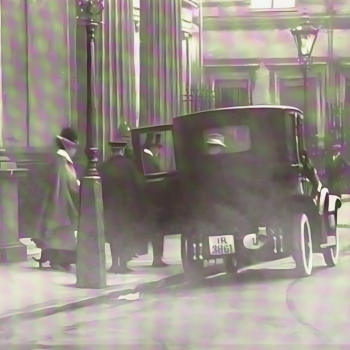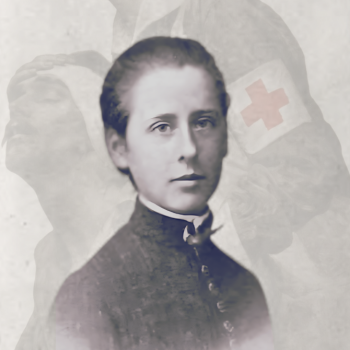A Tournament Of Shadows III. “Someone To Open The Gates” General Napoleon Bonaparte first held command in Italy in 1796. The land at the time being a collection of city-states, Papal States, and territories under the Austro-Hungarian Empire ruled over by the Habsburg Dynasty.[1] In the words of Austrian chancellor von Metternich, Italy was not a nation, it was a “mere geographical expression.”[2] Napoleon’s army, “heroes in rags” as they would come to be known, were of poor material.... Read more


